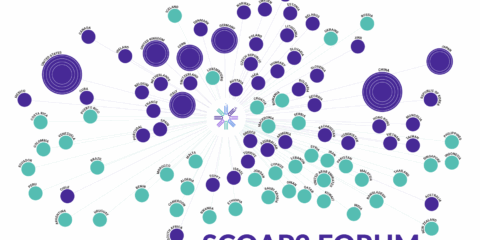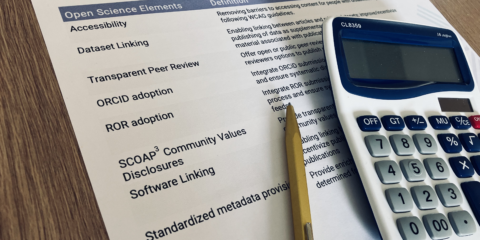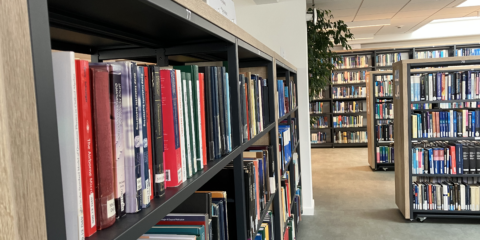CERN, the European Organization for Nuclear Research, and the ‘host organization’ of SCOAP3 announced today it has signed contracts with 10 leading scientific publishers and learned societies to extend this Open Access initiative for three more years. This was the last step for this unique global Open Access partnership to continue supporting authors worldwide through at least December 2019.
The SCOAP3 partnership comprises 3’000 libraries, funding agencies and research organisations from 44 countries and 3 intergovernmental organizations. In cooperation with leading scientific publishers and learned societies, SCOAP3 has supported the transition to Open Access of key journals in the field of High-Energy Physics as of 2014. In the first three years of SCOAP3 operation, 20,000 scientists from 100 countries have benefited from the opportunity to publish more than 13’000 Open Access articles free of charge.
Eight journals will participate in this three-year extension of the initiative, of which five are published by learned societies. All articles will be published Open Access in perpetuity, under Creative Commons CC-BY licenses at no direct cost to any authors. In addition to availability on the publishers’ platforms, articles will be also available on the SCOAP3 Repository, enabling partners to build value-added services.
“It is in the spirit of CERN’s Convention, and in the culture of our discipline, to make research results fully and freely available to everyone,” said CERN Director General Fabiola Gianotti on the occasion. “SCOAP3 allows everybody in the world to access high-quality scientific knowledge in peer-reviewed particle physics journals. CERN will continue to be fully engaged in such a vital initiative. ”
“With its success, SCOAP3 has shown that its model of global cooperation is sustainable, in the same broad and participative way we build and operate large collaborations in particle physics,” added CERN Director for Research and Computing Eckhard Elsen. “As a scientist I am impressed by how SCOAP3 partners played a pioneering role to advance Open Access and I look forward to even larger partnership in the upcoming years.”





